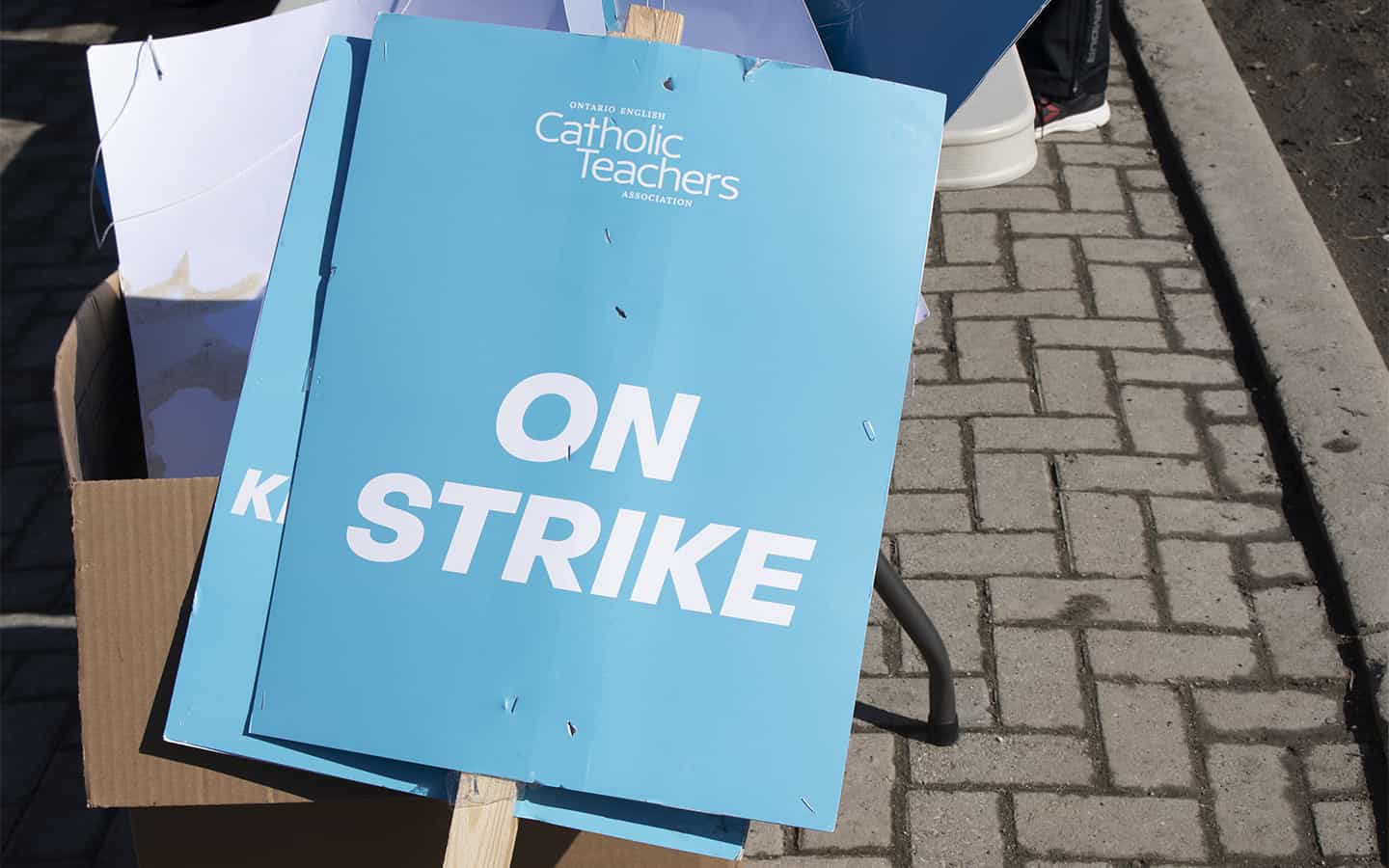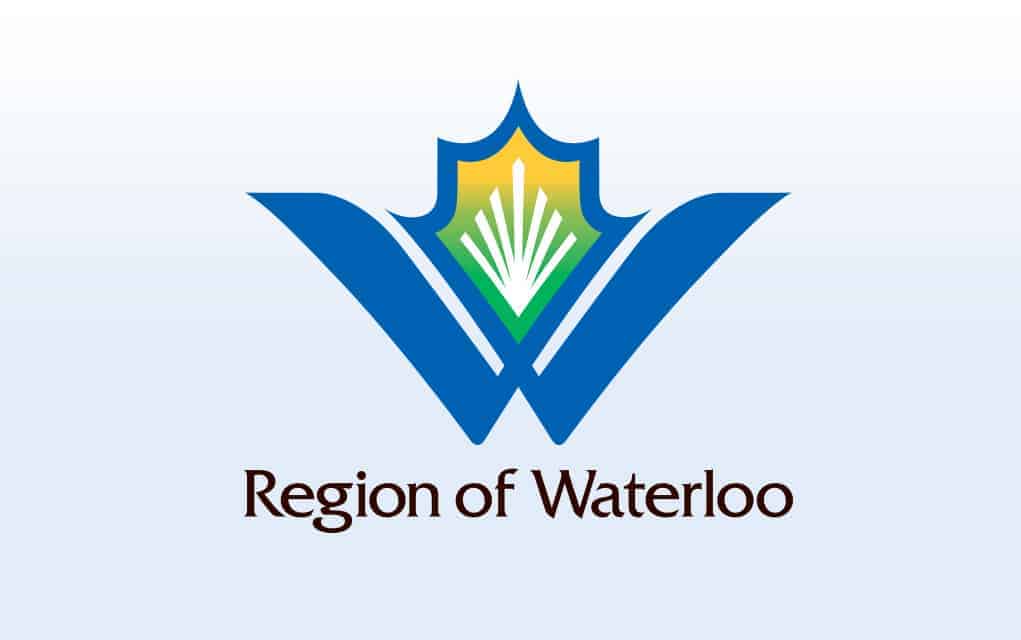Talks have resumed intermittently, but unions representing Ontario’s teachers remain at odds with the provincial government, with more job action on the horizon.
Despite the government backing down on what the unions stated were key issues in negotiations, members of the Ontario English Catholic Teachers’ Association (OECTA), for instance, returned to the picket line March 5.
Education Minister Stephen Lecce last week announced the province would not be increasing class sizes, adding e-learning would not be mandatory for students in high school.
He said no significant changes will be seen this fall as the average class size will be 23 students. Parents will also be given the choice to opt their kids out of e-learning courses; he says this is something which should be in the hands of parents and not unions.
The teachers had stated previously that these points were significant to the negotiations and were hampering progress in reaching a deal. However, now that they’re off the table a deal remains elusive.
For Patrick Etmanski, president of OECTA Waterloo, what Lecce said was said is a step in the right direction, but he still has concerns because the concessions were made in the media instead of in negotiations.
“They didn’t bring it to the bargaining table,” said Etmanski. “What they should have done was come to the unions and said ‘let’s talk.’ But what they did was made an announcement in the public, and we’re pretty upset about that.”
He added if the government is truly willing to back down from class sizes and e-learning then he believes there is nothing holding his union back from making a deal to get teachers back to class full-time.
OECTA stated they were willing to go ahead with the government’s capped wage increase of one per cent, therefore removing a sticking point from the bargaining process which other unions are still fighting.
But they are challenging the validity of the wage cap in court because Etmanski said it brings bad faith to the bargaining table.
“The thing about the one per cent that really gets us hung up is not the figure itself but the fact that they’re (the Ontario government) saying ‘thou shalt take one per cent and shut up and go away,’” said Etmanski.
While the unions may believe certain things about the government’s actions, Kitchener-Conestoga MPP Mike Harris says the priorities of the government of Ontario are to invest in schools and classrooms.
“We have been consistent during the negotiation process in making responsible proposals to get a fair deal that protects full-day kindergarten, freezes class sizes, and targets investment for kids with unique learning needs,” said Harris. “Unfortunately the unions have not made any substantive changes to their original proposals focused on increasing compensation and benefits. It’s time for the unions to end their disruptive escalation and return to the table, the time for a deal that is fair for parents, students, and educators is now.”
The strike on March 5 was the fourth time OECTA hit the picket line since the previous contract expired. At least 1,600 teachers took part in each of the rotating walkouts which affected more than 40,000 students in the Waterloo region.
The Ontario Secondary School Teachers Federation (OSSTF) announced March 6 that they would be holding off on strike action until March 27, however, they would be increasing their work-to rule campaign.
This would include not providing anything more than a mark and learning skills on report cards. Teachers will also refrain from organizing or attending group, department and job class meetings. This job action will begin March 9.
Rob Gascho, president of OSSTF District 24, wants the public to know the reason there is still no deal on the table for them is the cuts made by the government are not satisfactory or beneficial to the education system.
The sticking point is the degree to which the government wants to savage the system. When wiping massive amounts of funding for the education system and at the secondary level it means courses will disappear, said Gascho.
The Elementary Teachers Federation of Ontario (ETFO) announced they would be launching phase seven of their strike action March 9. However, they gave no indication of what that would entail.
ETFO returned to the bargaining table March 11.
With March Break just around the corner, teachers are expected to hold off on all strike action and resume their work-to-rule when classes resume.









